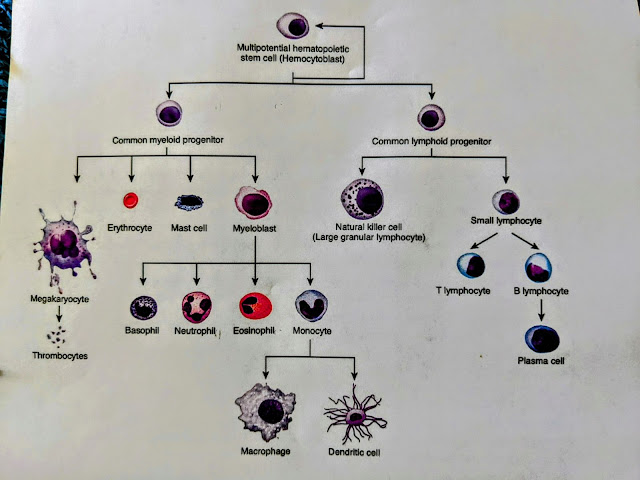Home is many things. Part place, part feeling. A physical structure with an emotional bond. A feeling of safety, warmth. Ah, I’m home again.
Kristina is home, but not feeling herself. A sensation that she’s had before, after previous transplants. But forgot about. So it’s ‘normal’ in the scheme of things, but
abnormal. Nothing is ‘wrong’ but still
not ‘right’ yet.
Home, but not home.
When Kristina left the hospital, her care team remarked that
she’s on the fewest meds that they can recall a transplant patient needing upon
discharge. Good news. But as I quipped to her, she’s had practice
(sometimes I should keep my dark humor to myself). She did laugh.
Her care team is extraordinarily pleased with the progress
and the current state of things.
Kristina feels she’s still very shaky, weak, can’t stand for very long
and can only walk short distances. She
wants to be better. The Mucositis is still
a thing, with the nausea, but the vomiting has subsided. Thank goodness for small wins.
Food still tastes like crap, and Chemo has not improved Kristina’s
legendary lack of culinary skills. So it’s
getting nutrients into the body to build strength that’s the current
challenge. Between the Chemo induced gun
metal taste of everything, weakness, nausea, and the preexisting genetic aversion
to cooking, well you get the picture.
Kristina is frustrated by the long gradually lessoning,
lingering effects of Chemo. Yes it’s getting
better but oh, so damn slowly. Progress, but seemingly glacial in speed. During her visit to the hospital yesterday
they hydrated her through an IV and there was an event that did brighten
things.
Sometimes we have pity parties that despite our best intentions
take root. Just as the feelings of ‘I just
want to get better’ start to grow, there was a single guy one bed over that had
gone through a transplant but was fighting Host vs Graft disease. This ‘first time transplanter’ hadn’t managed
himself particularly well and was in pretty bad shape. Kristina’s negative thoughts about herself
shifted to empathic thoughts about this fellow who was suffering. And gratitude that she was doing as well as
she is.
So she’s home, but not ‘there’ yet. It’ll be a long road.
No signs of Graft vs Host disease yet, although some rashes
are starting to develop – but it’s too early to read much into that.
Her high school friend Lizie is with Kristina and said that
for the first time in a couple of days Kristina got herself something to eat. Recognition of hunger and having the
motivation and energy to grab and eat food is something that we take for
granted. It was a major win for Kristina.
So that’s where things sit right now. Home, not feeling herself, daily visits to
the hospital, watching for any signs of graft vs host disease (if that does
occur in any material way, we’ll devote a post to that syndrome) and a first
gear, slow grind back to health.











